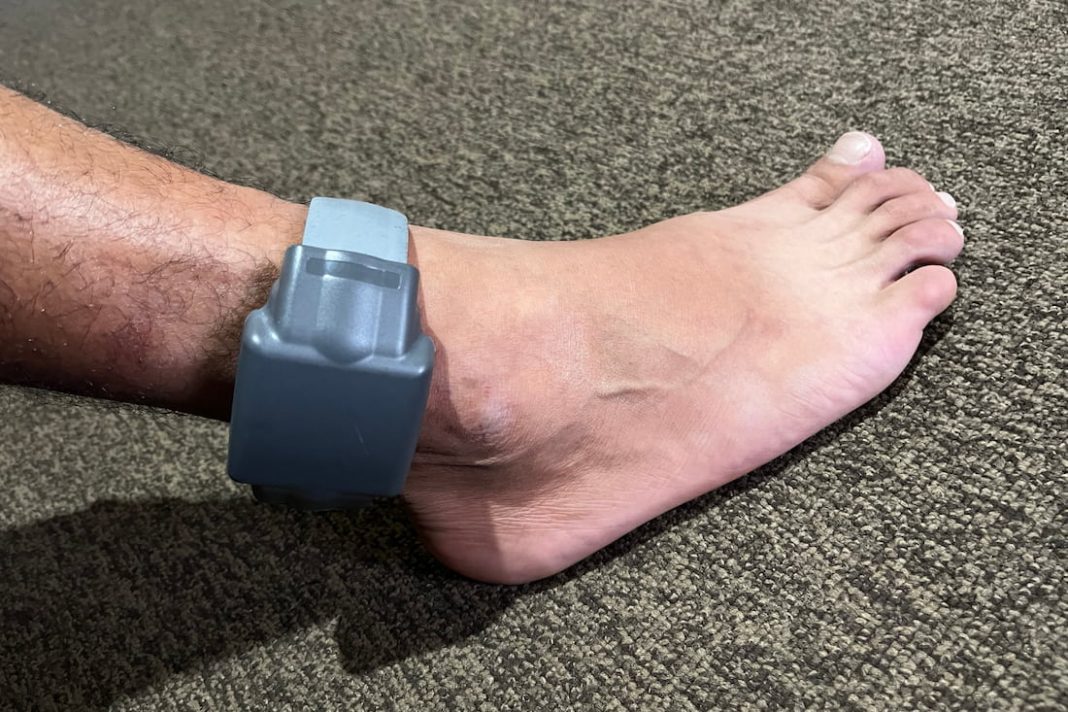A royal commission rather than knee-jerk legal changes, is what’s needed to address the rising tide of family violence, civil libertarians say.
As the nation grapples with the horrific homicides of 11 women within a month, the head of the NSW Council for Civil Liberties has backed calls for wide-ranging inquiries to address structural and cultural failures within the criminal justice system.
“A royal commission into family violence is violently overdue,” president Lydia Shelly said on Monday.
“Women should not be expected to sit back and wait for decades to stop being murdered.”
Tens of thousands of people marched on the weekend demanding action on the issue after several brutal murders.
Forbes childcare worker Molly Ticehurst was killed last week, allegedly by her former partner shortly after he was bailed on raping and stalking charges.
Ms Shelly raised concerns that defence and culturally diverse lawyers were too often appointed as magistrates, and that court registrars were unfairly asked to determine bail applications.
But, in a letter to NSW Attorney-General Michael Daley, Ms Shelly has warned against “knee-jerk” changes in the hope it solves the problem.
“It won’t – legislative changes, without making any structural or cultural change will always leave women unsafe and at risk of violence,” she said in her letter.
NSW Women’s Safety Commissioner Hannah Tonkin will address a crisis cabinet meeting this week, alongside other experts on family violence.
Opposition Leader Mark Speakman would like to see increased monitoring of men on bail, saying it would give police and alleged victims more time to react.
“It’s not foolproof but it does tell you where the (alleged) offender is,” he told Sydney radio 2GB on Monday.
While the worst culprits should be refused bail, Mr Speakman said the ankle monitors would protect alleged victims while ensuring a person protesting their innocence could remain in the community on conditional liberty.
“We think this is common sense,” he said.
Ankle monitoring is offered as a condition for some bail applications, but usually only by alleged offenders able to cover the cost.
Mr Speakman says any expansion would have to ensure there were no socio-economic barriers – likely meaning government would foot the bill.
All options are on the table in a bail law review instigated immediately after Ms Ticehurst’s death on April 22.
A court registrar bailed her former partner two weeks earlier on conditions including that he not go near her home town of Forbes.
That condition, which was imposed by a magistrate on April 18, was allegedly broken the night Ms Ticehurst died.
Ms Tonkin will join the bail review along with police, legal groups and victim advocates.
She is reticent to back calls for federal and NSW royal commissions into family violence, as Victoria established in 2015.
Government and stakeholders already knew much of what needed to change but action was required quickly, she said.
“The royal commission is part of the discussion but, at the same time, we’ve had a number of commissions, we’ve had inquiries there are other inquiries ongoing,” she told ABC Sydney.
1800 RESPECT (1800 737 732)
Lifeline 13 11 14
13YARN 13 92 76
Aboriginal Counselling Services 0410 539 905



